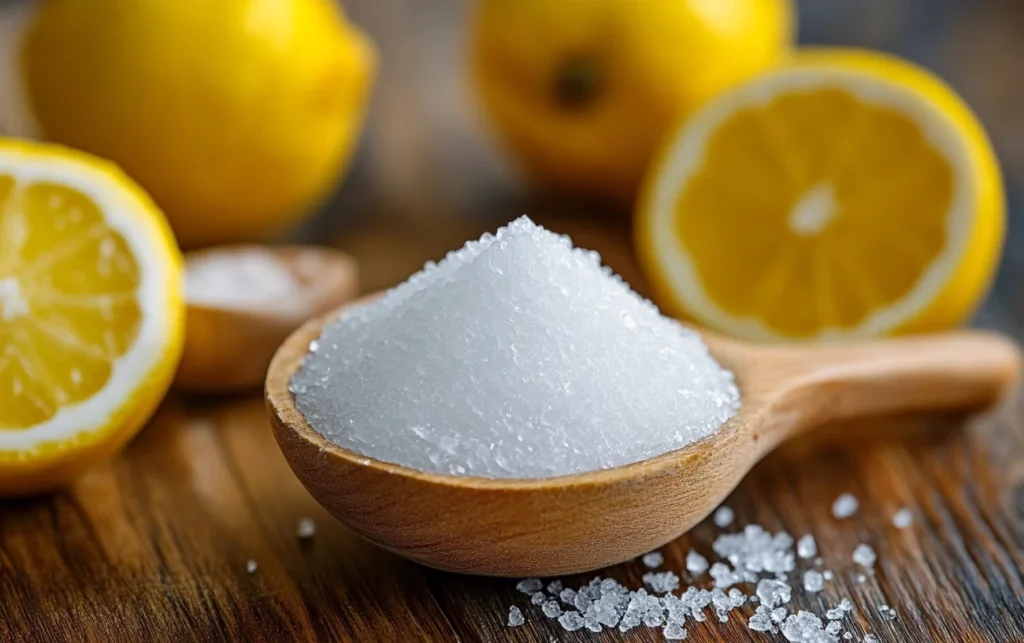Citric acid is an effective, eco-friendly, and budget-friendly cleaner for tackling limescale, rust, and other stains. However, not all surfaces and materials can withstand its effects. Using citric acid improperly can lead to damage that is difficult or impossible to reverse. Here are 10 items that should not be cleaned with citric acid.
1. Marble and Other Natural Stones
Marble, granite, and other natural stones are particularly vulnerable to acidic cleaning agents. Citric acid can cause chemical reactions that result in loss of shine, stains, and surface erosion. Instead, use warm water and mild soap for daily cleaning, and invest in specialized stone-cleaning products for tough stains.
2. Aluminum Items
Aluminum is prone to corrosion when exposed to acids. Cleaning aluminum cookware with citric acid can lead to darkening, staining, and material breakdown. Use gentle cleaners specifically designed for aluminum instead.
3. Copper and Brass with Protective Coatings
While citric acid can sometimes be used on untreated copper and brass, items with lacquer or enamel coatings can suffer damage. The acid can erode the coating, causing dullness and loss of appearance. Use specialized cleaners for copper and brass that preserve their protective layers.
4. Wooden Surfaces
Wood, especially unfinished or lacquered, can be damaged by citric acid. It can break down the protective layer and cause discoloration or warping. If citric acid spills on wooden surfaces, wipe it off immediately with warm water and mild soap. Use wood-specific polishes and oils for routine care.
5. Silk and Delicate Fabrics
Citric acid can harm delicate fabrics such as silk, wool, and cashmere, leading to discoloration, weakened fibers, or even tears. Professional cleaning or specialized mild detergents are recommended for these types of fabrics.
6. Pearl and Organic Gemstones
Jewelry made from pearls, coral, amber, and other organic stones is highly sensitive to acids. Citric acid can damage their surfaces, causing loss of luster and color changes. Use mineral water or a soft, dry cloth for cleaning, or consult a jeweler for safe maintenance.
7. Cast Iron Cookware
Cast iron has a protective layer that prevents rust and sticking. Citric acid can strip this layer, leading to corrosion and reduced performance. Avoid harsh cleaning methods like citric acid, abrasive brushes, or dishwashers for cast iron.
8. Electronic Devices
Electronic gadgets and devices should never come into contact with acids. Citric acid exposure can cause short circuits and damage displays or touchscreens. Use specialized electronic wipes or a slightly damp cloth for safe cleaning.
9. Leather Items
Citric acid can cause discoloration, loss of elasticity, and cracking in leather. Though some may use it for stain removal, it’s best avoided. Use conditioners and creams formulated for leather to maintain its quality and appearance.
10. Painted and Lacquered Surfaces
Acids can erode paint and lacquer, leading to dullness, peeling, and discoloration. This applies to furniture, flooring, vehicles, and appliances. Use gentle cleaning agents specifically designed for painted or lacquered surfaces.
Avoiding the use of citric acid on these materials will help you maintain their integrity and appearance. Always check whether a surface or item is compatible with acidic cleaning products to prevent accidental damage.

